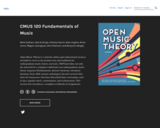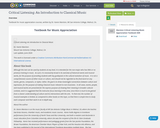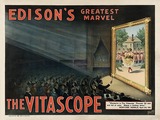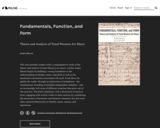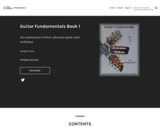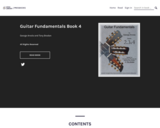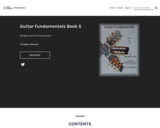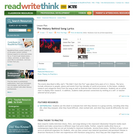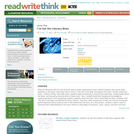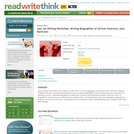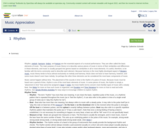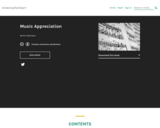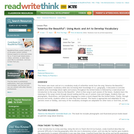
his lesson uses music and art in a vocabulary study of unfamiliar words from the song "America the Beautiful," increasing students' vocabulary while also increasing their knowledge of U.S. geography. A discussion to activate students' prior knowledge about sights and scenery throughout the United States is followed by a read-aloud and introduction to the song "America the Beautiful," which is then sung in each session of the lesson. Students learn the meanings of the song's words through shared reading and the use of context clues and images. Students then use photographs, illustrations, and descriptive language to create a mural shaped like the United States. Finally, through pictures and words, students reflect on what they have learned. This lesson is appropriate and adaptable for any patriotic event or holiday, and many of the vocabulary strategies are adaptable for other texts or word lists, as well.
- Subject:
- Arts and Humanities
- English Language Arts
- Language, Grammar and Vocabulary
- Material Type:
- Activity/Lab
- Lesson Plan
- Unit of Study
- Provider:
- ReadWriteThink
- Provider Set:
- ReadWriteThink
- Date Added:
- 08/23/2013
